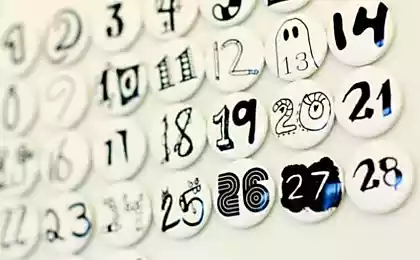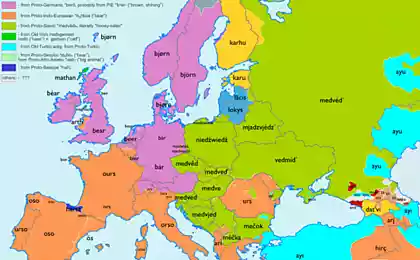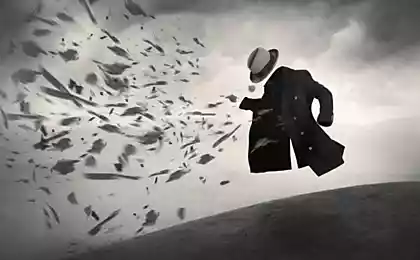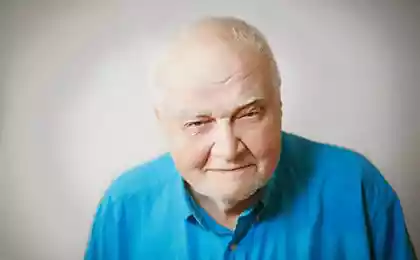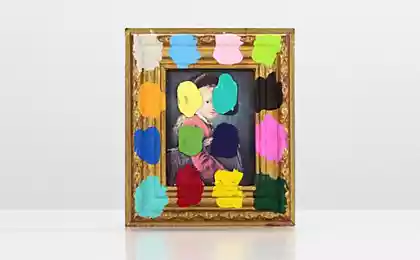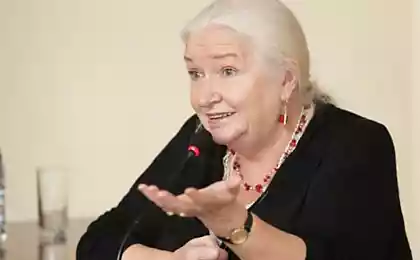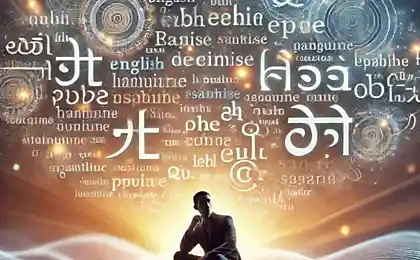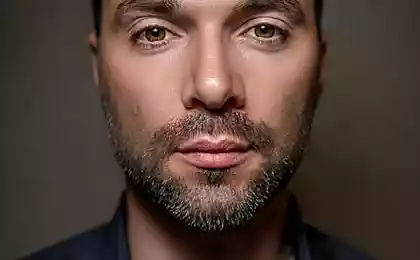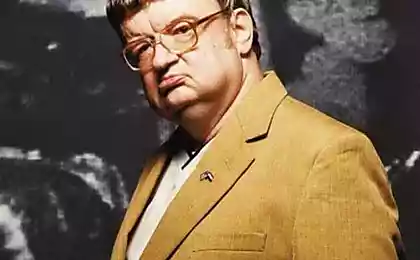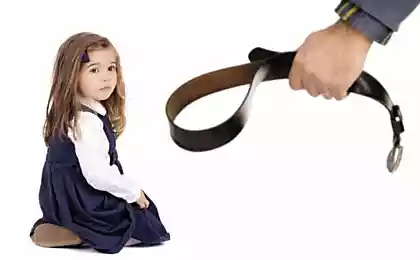681
As I taught himself to speak in 20 languages
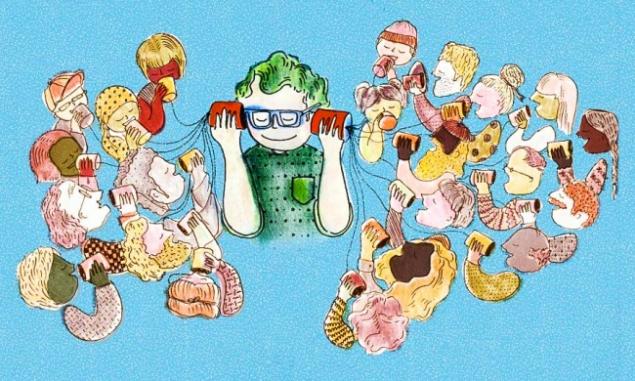
There are people who are not difficult to learn several foreign languages, and there are those who are fighting for decades over one. But many do not realize that it's not just an innate ability, but also in the process of studying.
Website published an article very young polyglot in the world - Timothy Doner.
Several years ago, the media have nicknamed me "The youngest giperpoliglot in the world." Giperpoliglot - a word that is more suitable for some disease. In fact, they call a person who speaks more than six languages.
I can speak 20 languages, with native English. And it took me a while to realize that a foreign language - is not just a collection of words learned to, for example, have the opportunity to order sushi in Japan. Fluency - it is quite another thing.
I began my language education in thirteen years. I became interested in the Middle East and began independently to study Hebrew. I myself do not understand how it happened. Just while I was particularly hooked on Israeli funk group "Hadag nachasha" and all day listening to their album. By the end of the month I remember about twenty songs by heart - even though I had no idea what they were. But as soon as I saw the translation of texts, everything fell into place, if I download the dictionary in the head. Now I've learned a few hundred Hebrew words and phrases, , and this despite the fact that he had never revealed no textbook in Hebrew.
I started an experiment. I started to spend the evening walking through the Jewish quarter of New York, visiting Israeli cafes to eavesdrop on the conversations of people. Sometimes I was gathering courage and presented, he took part in mini-dialogues, just rearranging the lyrics learned new songs, though awkward and wrong, but the whole proposal. It later emerged that this was the right way.
Then I switched to Arabic, which I practiced every morning, reading the headlines with a dictionary and talking to street vendors. After that went Persian, Russian, Chinese ... and about 15. A typical day for me to pass so I called up on Skype with friends from France or Turkey, listening to Hindi music, dinner with Greek or Latin book in his lap. Language was for me just any desire, and I used every opportunity to remember the words unfamiliar to me.
By March 2012, news agencies, such as the BBC, BBC and The New York Times wrote about me articles with headlines: "A teenager who speaks 20 languages!" And I was delighted, as hoped, after that many people find that learning a language can be a chore, but just a kind of hobby.
When I started learning languages, I had a romanticized view of such concepts as "vocabulary" and "fluency." But then I realized that, formally, you can know a lot of words, but did not understand the talk of the media. For example, English - my native language, but what was I saying in effect, a hybrid of teenage slang and dialect Manhattan. When I listen to it on the work of his father (a lawyer, I have it), his words seem to me to be as alien as Finnish. And, of course, I can not read Shakespeare without a dictionary, and I'll be helpless in a room with Jamaican or Hindus. Although we all "speak in English».
My teacher of linguistics - Pole. And he says more correct English than I do. He uses terms such as, for example, "silent alveolar stop," but he had never heard the word "pozhumkat." Does this mean that he does not "say" in English? If the concept of "know the language," is equated with the concept of "know all the words" - from nuclear physics to the vocabulary of classical music, while hardly anyone fluent in their native language.
Language - is a complex organism, born of culture, science, trade and conquest, each of us adds his own unique piece - no matter whether it is a work of Shakespeare or "lol ATP" on the Internet Still, the most important in the study of language - is the ability to talk to people and see them outside the cultural boundaries
via ideas.ted.com/why-i-learned-20-languages-and-what-i-learned-about-myself-in-the-process/

